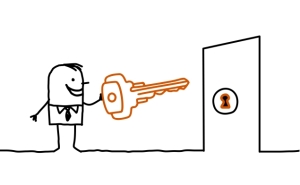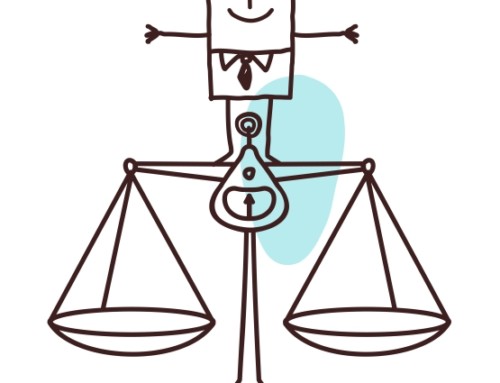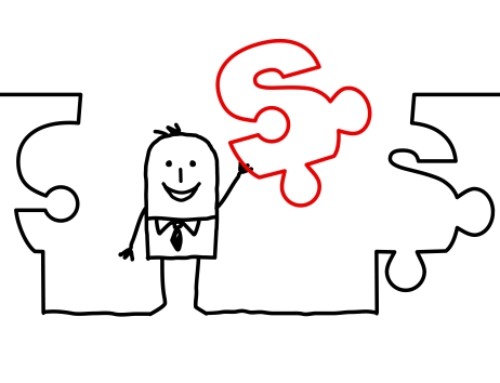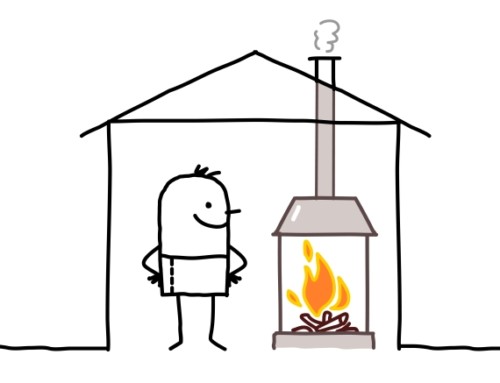In this article, I discuss how achieving small successes by forming particular habits can lead you to make significant progress toward your goals.
In my last article, I discussed how to form good habits and eliminate bad habits. I defined habits as behaviours or sequences of behaviours which a person performs regularly by focusing on the three components of a habit–cue, routine and reward. In this article, I focus on the value of forming keystone habits. These are habits which have the additional value of spurring you to form additional habits which can lead you to make significant progress toward your goals in different areas of life.
In the following sections, I will give examples of keystone habits and discuss how you can identify such habits which can lead you toward the achievement of your goals.
Examples of keystone habits
As is discussed in the best-selling book The Power of Habit by Charles Duhigg, there are some keystone habits which have been found to benefit most people. Engaging in regular exercise is one example. People who do so tend to start eating better and becoming more productive at work. They smoke less and show more patience with colleagues and family. They use their credit cards less frequently and say they feel less stressed.
Keeping a diet log is a keystone habit which typically leads the person to make many positive changes leading to significant weight loss. Six months into a study on this topic, people who kept daily food records had lost twice as much weight as everyone else.
Making one’s bed each morning is correlated with better productivity, a greater sense of well-being, and stronger skills at sticking with a budget.
Families who eat dinner together raise children with better homework skills, higher grades, greater emotional control and more confidence.
In athletics, the great Olympic swimmer Michael Phelps was guided toward the acquisition of keystone habits by his coach Bob Bowman which resulted in his outperforming his competitors. Two of these habits were regularly visualizing his races and doing muscle relaxation exercises.
In the area of business, when the Aluminum Company of America (Alcoa) was in trouble in 1987 a new CEO named Paul O’Neill turned the company around by focusing on a keystone habit everyone in the company from executives to supervisors to union workers could agree on—ensuring the safety of workers.
How to use keystone habits to improve your life
Keystone habits are often helpful when your goal is large and broad in scope such as losing weight, having better relationships, becoming financially independent, attaining career success, overcoming an addiction, and enjoying life more. Obviously, in order to make significant progress in any of these areas the person would need to acquire and perform many habits over a significant period of time. This can be a daunting prospect because it is often unclear which habits one should start with.

This is where keystone habits can be especially useful. If you focus on acquiring just one keystone habit, you can begin achieving small successes which lead you to have confidence that you can acquire the other habits which will move you toward your goal. Starting with the keystone habit makes it much easier for you to add these other important habits because the confidence and positive momentum you gain from acquiring the keystone habit plays a major role in the progress you make.
How to identify which keystone habits to focus on
Given the critical role of keystone habits in success, it is important to know how to identify which keystone habits you should focus on. One way to do this is use the ‘don’t reinvent the wheel’ method. That is, if there is a keystone habit with a proven track record of success for your issue, then you should probably focus on acquiring it. For example, if you were trying to lose weight, it would be a ‘no brainer’ to focus on the keystone habit of keeping a diet log.
If there are no obvious keystone habits in the area in which you want to make progress, you can identify and acquire keystone habits to help you by following some simple guidelines. Start with any habit that is small, easy to understand and reasonably easily to implement and practice which is likely to lead to some progress in the area in which you want to improve.
It doesn’t really matter which habit you choose. The reason is that the benefits you will enjoy are less those associated with the specific habit than they are those arising from the increase in confidence and boost in mood you will experience as a result of having successfully implemented any habit leading to progress.
For example, keystone habits which both my clients and I have found to be effective in achieving the goal of having better relationships include: Smiling; asking people questions about themselves; complimenting others; listening empathically; making eye contact; and performing acts of kindness. Each of these habits meets the criteria of keystone habits. That is, they all entail making small but regular changes, they are reasonably easy to implement and practice, and they all lead to progress resulting in a confidence boost which makes acquiring other habits to improve your relationships much easier.
So if you’re feeling overwhelmed in pursuing a goal, start by focusing on keystone habits. You’ll find that the small successes you enjoy can lead to a chain reaction which will result in major progress.
A psychologist who helps clients to change behaviours can help you to implement the skills discussed in this article.
May you identify and acquire keystone habits to help you achieve your goals,
Dr. Pat






Leave A Comment